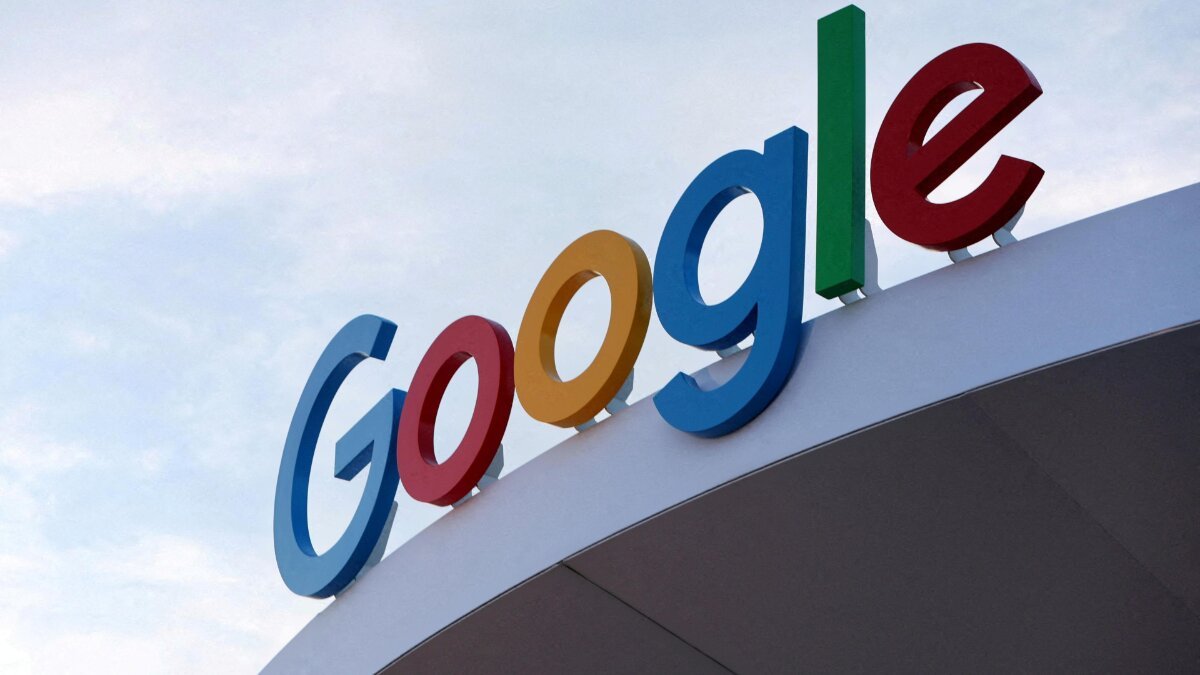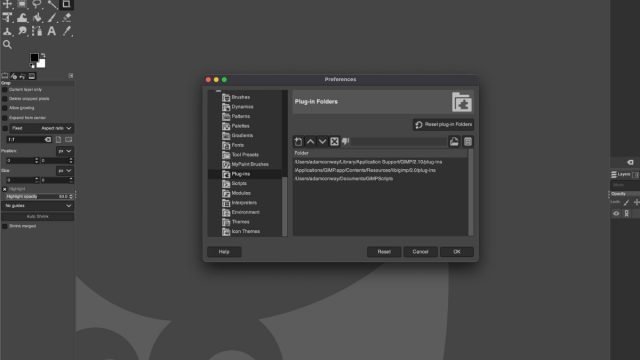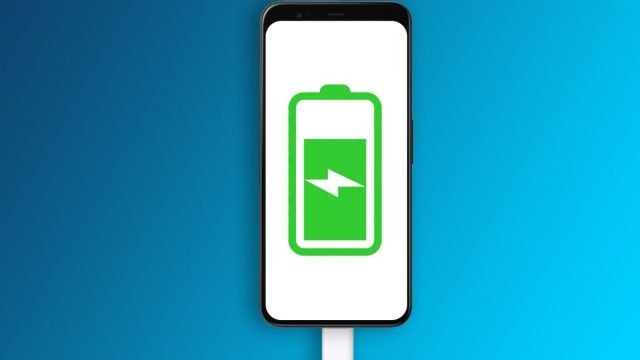Google has recently made headlines by purchasing 100,000 carbon dioxide removal (CDR) credits from Varaha, an innovative Indian company focused on developing carbon removal projects across Asia. This move marks one of the largest investments in biochar-based carbon removal credits ever made, showcasing Google’s commitment to sustainable practices.
What is Biochar and how does it work?
Biochar is essentially a carbon-rich material created by heating biomass—such as wood, leaves, or straw—at high temperatures in the absence of oxygen. This process, called pyrolysis, locks carbon into a stable form that resists decomposition. When biochar is added to soil or used in other applications, it can trap this carbon for over a century, making it a powerful tool for combating climate change.
The credits Google has purchased will be delivered by 2030 and are tied to Varaha’s biochar project in Gujarat, India. In this project, biomass from small-scale farmers is transformed into biochar using advanced bioreactors. The resulting biochar is then used as natural fertilizer, enriching the soil and storing carbon for the long term.
Here’s why this deal stands out:
- Farmers First: Varaha sources biomass from over 100,000 smallholder farmers who are also practicing sustainable agriculture. By participating, farmers not only help combat climate change but also benefit from improved soil health and crop yields.
- Cost-Effective Approach: On average, biochar credits cost $90–$100 each. While international markets trade them at around $160 per credit, the total deal is estimated to be worth over ₹100 crore (based on average pricing).
- Local Impact: The biochar in this project comes from Prosopis Juliflora, an invasive plant species in Gujarat. Removing this plant helps restore native grasslands and biodiversity while providing a sustainable source of biomass.
Varaha leverages modern technology to ensure every step of the process is transparent and verifiable:
- Digital Monitoring: Their in-house Measurement, Reporting, and Verification (MRV) system uses remote sensing to track biomass availability.
- Mobile App: A specially developed app collects geo-tagged, time-stamped data to document activities like biomass collection and biochar application. This ensures that credits meet global standards for accuracy and reliability.
- Thorough Vetting: Google conducted detailed due diligence over eight months before finalizing the partnership, confirming the project’s credibility and effectiveness.
What’s in it for Google and the Planet?
According to Randy Spock, Google’s carbon removal lead, “Biochar is a promising approach to carbon removal because it’s scalable using existing technology and also benefits soil health.” This partnership aligns with Google’s environmental goals while promoting innovative solutions to the climate crisis.
This agreement is not just a win for Google and Varaha but also sets a precedent for future investments in biochar and other carbon removal technologies. Varaha plans to use the momentum from this deal to attract more buyers, expand its operations, and establish additional biochar facilities in regions with abundant biomass resources across India.
By tackling climate challenges with local solutions, this collaboration demonstrates how global tech giants and innovative startups can join forces to make a meaningful impact.




